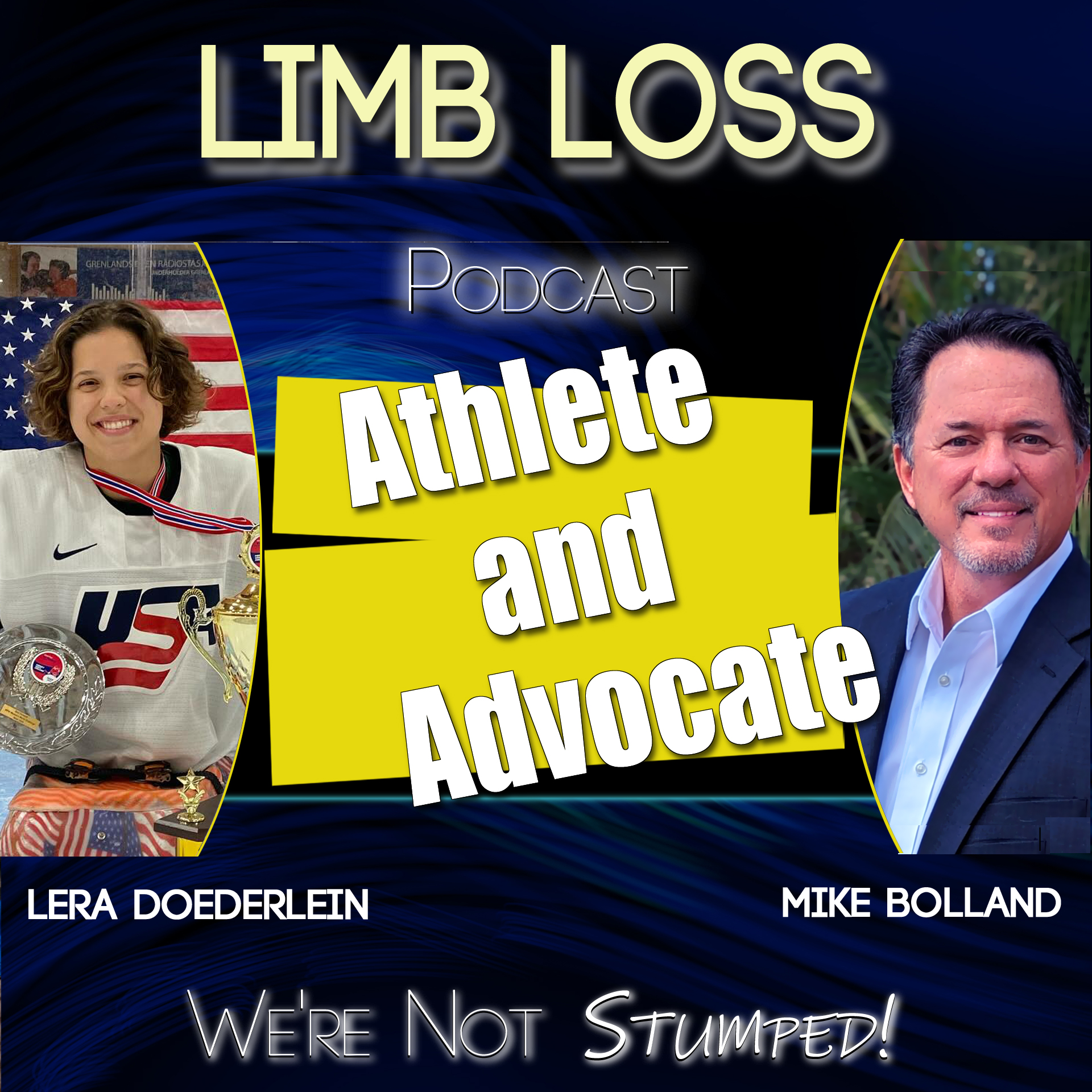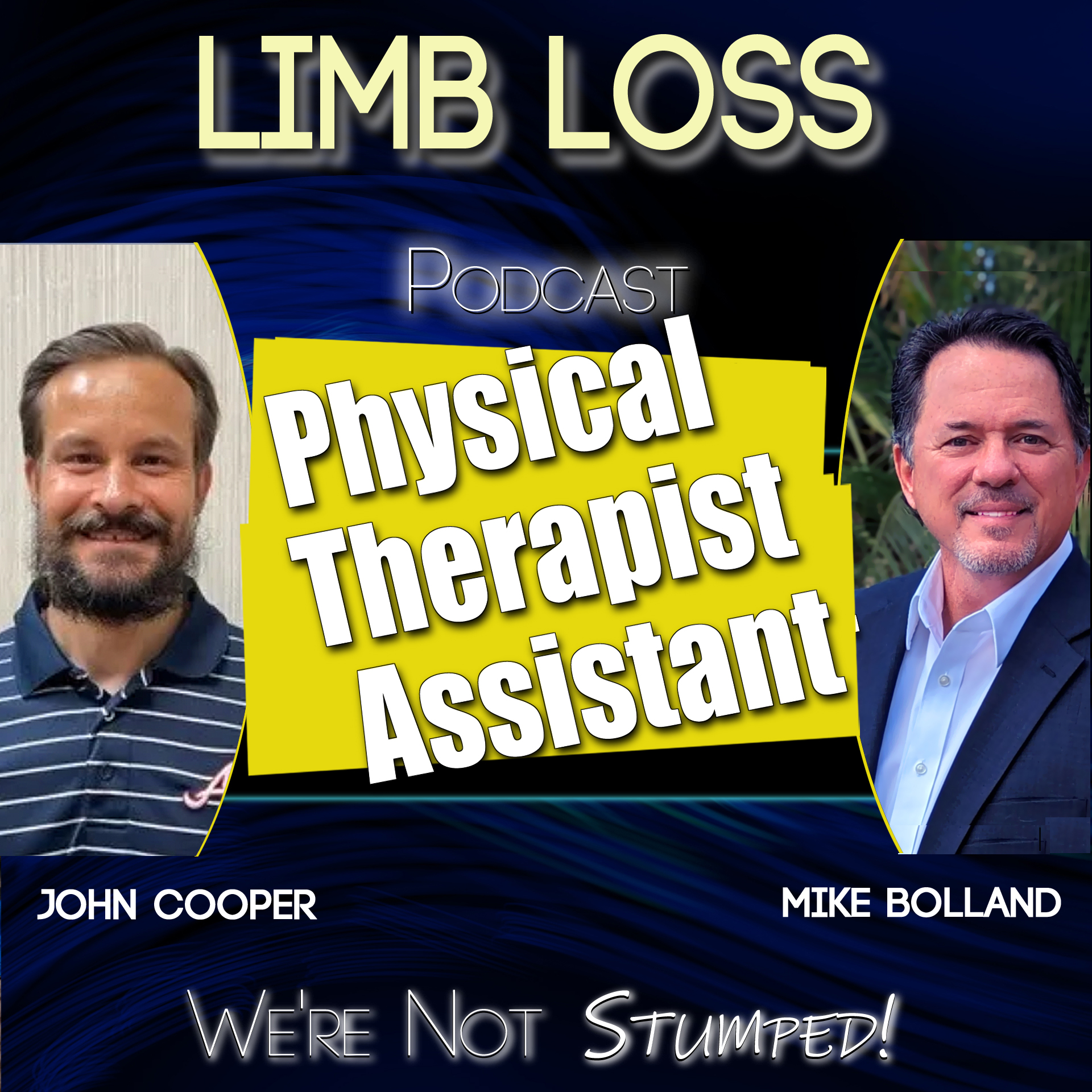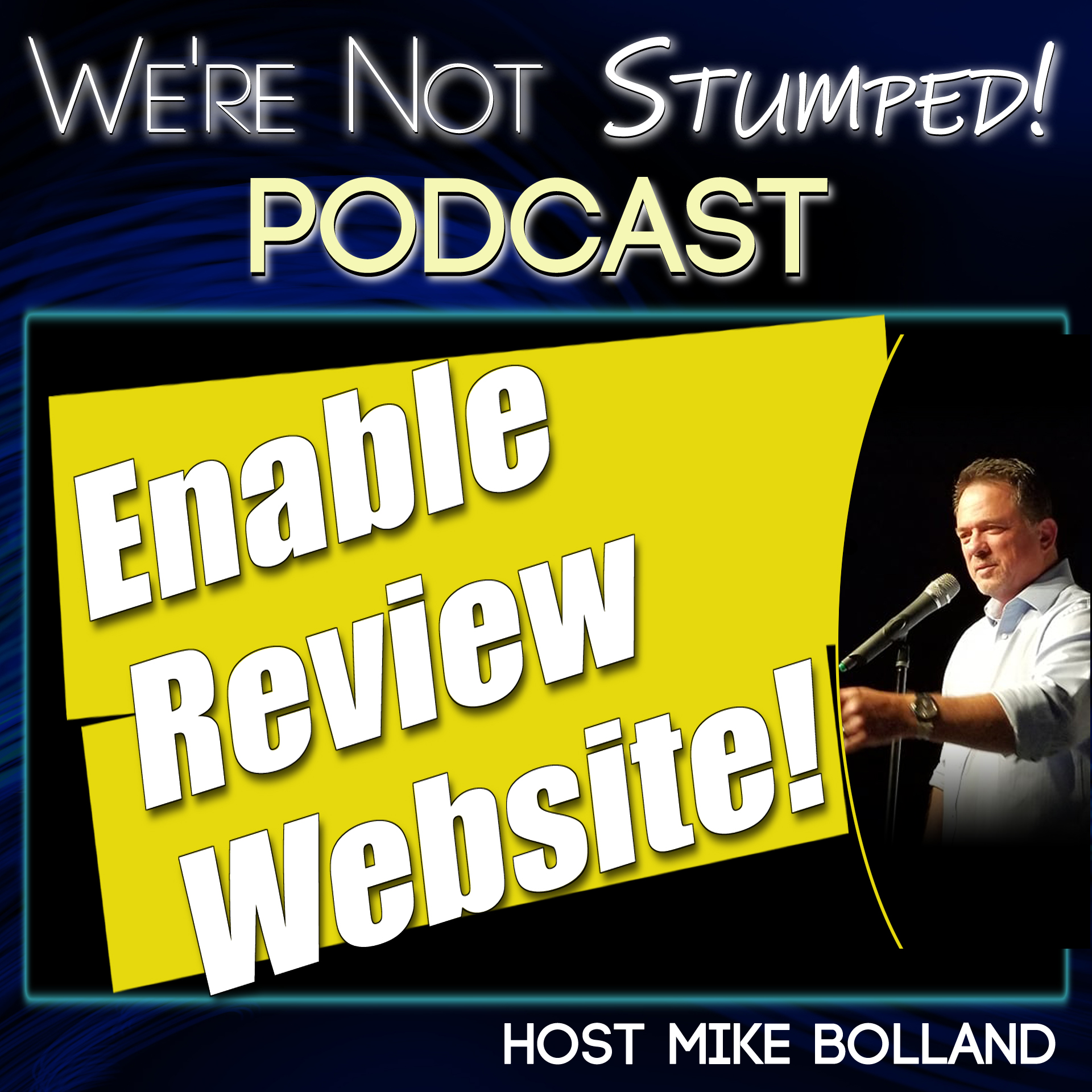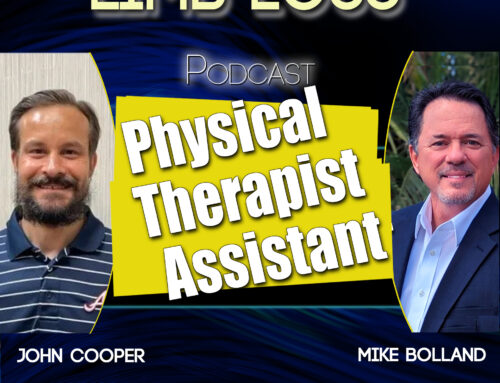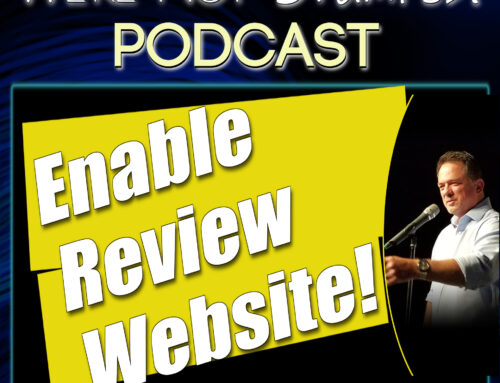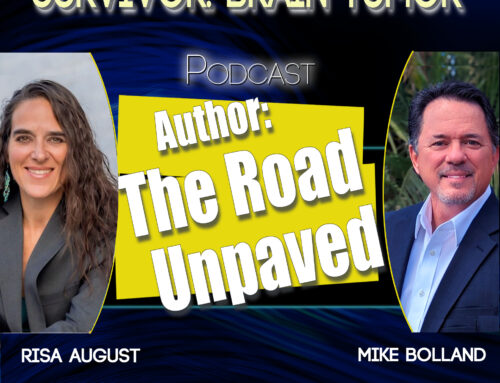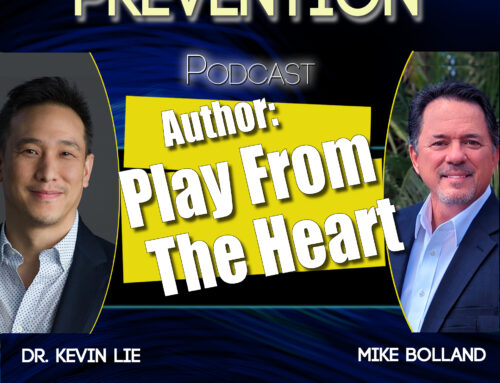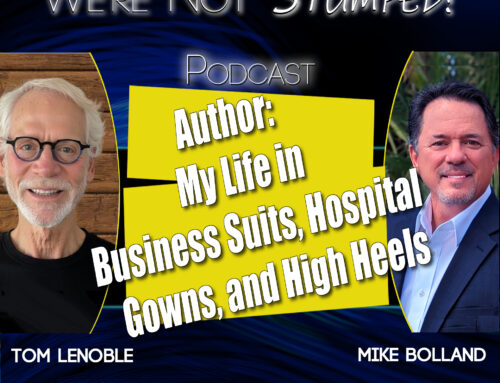What We Cover:
- Real-time website evaluation: accessibility, usability, and UX – What screen readers miss—and how to fix it
- How to label forms, fix headers, and improve navigation
- Common color contrast issues (based on the WebAIM study)
- The surprising power of skip links & keyboard-friendly design
- Why even small websites should care about accessibility & compliance Top Fixes Maigen Suggested:
- Make host images more prominent
- Adjust text size and placement for readability
- Improve “Join the List” button accessibility
- Use alt text, title tags & transcripts for better SEO + inclusion
Tools & Resources Mentioned:
SilkTide Accessibility Chrome Extension https://silktide.com/
WebAIM Million Study https://webaim.org/projects/million/
Maigen’s free evaluations: https://freewebsiteevaluation.com
Maigen’s Website: https://maigenthomas.com/
Level 11 Technology: https://www.level11technology.com/
Why This Matters:
Accessibility isn’t just about compliance—it’s about empathy, inclusion, and making sure your digital experience works for everyone. Maigen shares her personal connection to accessibility, including how her grandfather’s vision loss shaped her perspective on designing with intention. Whether you’re a business owner, content creator, or web designer, this episode is packed with practical tips and free tools to level up your site.
Listen on Apple Podcasts
Watch on YouTube
Listen on Spotify
Lera Doederlein joins Mike Bolland on We’re Not Stumped to share a powerful story of choosing possibility. Born with AMC (arthrogryposis multiplex congenita), Lera grew up in Phoenix using braces and forearm crutches while navigating school, friendships, and the quiet realization that sports might look different for her. As a teenager, she made the bold decision to pursue double above-knee amputations in order to gain independence and improve long-term mobility—and it transformed her life. Lera walks us through the realities of recovery and physical therapy, learning to use prosthetics, and the moment a clinician pushed her beyond her comfort zone—encouraging her to run just a week after she started walking. She also shares why community matters so much, from Camp No Limits to Hanger events and amputee boot camps that helped her build confidence and momentum.
In this inspiring episode of We’re Not Stumped, Mike talks with John Cooper, a physical therapist assistant with 18 years of experience, about his journey into physical therapy and his passion for working with lower-limb amputees. John shares how his grandfather’s recovery from brain surgery sparked his career, and how close collaboration with prosthetists helps him address the real-world challenges amputees face every day. He explains why patience matters in rehab, why quality beats quantity in therapy sessions, and how setbacks can become powerful turning points.
Mike Bolland shares the story behind Enable Review — a new community-powered platform created to help people with limb loss, limb difference, and caregivers find prosthetic, orthotic, and rehabilitation care they can trust. After hearing powerful stories from guests and listeners, Mike explains why real patient experiences matter — and how Enable Review puts those voices front and center. Enable Review isn’t about ads or marketing. It’s about lived experience. If you’ve worked with a prosthetist, orthotist, physical therapist, or rehab clinic, we invite you to be part of our early community. https://enablereview.com/

